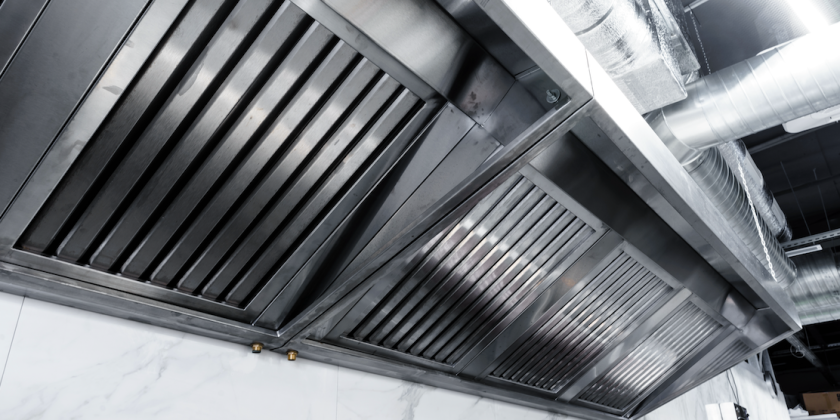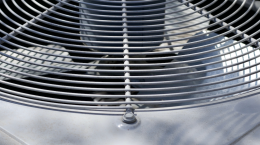Air quality in commercial environments plays a fundamental role in the health and well-being of employees and customers, as well as directly affecting the reputation and success of a business.
However, many business owners underestimate the risks of not investing in adequate ventilation, which can lead to a number of harmful problems.
How can air quality problems affect your business?
- Impact on health and productivity:
Lack of adequate ventilation can result in the accumulation of pollutants in the air, such as dust, volatile chemicals and microorganisms, which can have adverse effects on the respiratory and general health of space occupants. Employees exposed to environments with poor air quality may experience symptoms such as fatigue, eye and throat irritation, headaches and allergies, which can lead to reduced productivity and work performance.
- Security and compliance risks:
Environments with inadequate ventilation can also pose safety risks, especially in spaces where equipment that generates heat, steam or chemicals is used. Lack of proper ventilation can increase the risk of fires, explosions and accumulation of toxic gases, putting the safety of employees and customers at risk. Additionally, poor air quality can result in violations of health and safety regulations in the workplace, subjecting the business to fines and legal action.
- Impact on customer experience and brand reputation:
Air quality also plays a significant role in the customer experience. Poorly ventilated environments can be uncomfortable and unpleasant for customers, leading to a negative brand perception and the possibility of lost business. Additionally, news about air quality issues can spread quickly on social media and in the local community, damaging a company’s reputation and affecting its ability to attract and retain customers.
- Invest in adequate ventilation solutions:
Given the risks associated with a lack of adequate ventilation, it is critical that business owners invest in effective ventilation solutions appropriate for their space. This may include installing mechanical ventilation systems, regularly maintaining air filters, cleaning ducts, and ensuring spaces are adequately ventilated and circulated. By prioritizing air quality, business owners can protect the health and well-being of their employees and customers, ensure regulatory compliance, and preserve the reputation and success of their business.
Prioritize air quality for the success of your business
Investing in adequate ventilation is not just a matter of regulatory compliance; It is a crucial measure to protect the health and well-being of employees and customers, ensure workplace safety and preserve the reputation and success of your business. By addressing the challenges of poor air quality, business owners can take proactive steps to mitigate associated risks and create a safer, healthier and more enjoyable environment for everyone involved.
By recognizing the potential negative impacts of a lack of adequate ventilation, business owners can take preventive measures to prevent problems before they occur. This includes investing in effective ventilation systems, carrying out regular maintenance and ensuring spaces are adequately ventilated and circulated. Prioritizing air quality not only protects health and well-being, but also contributes to productivity, customer satisfaction and business longevity in today’s competitive marketplace.




